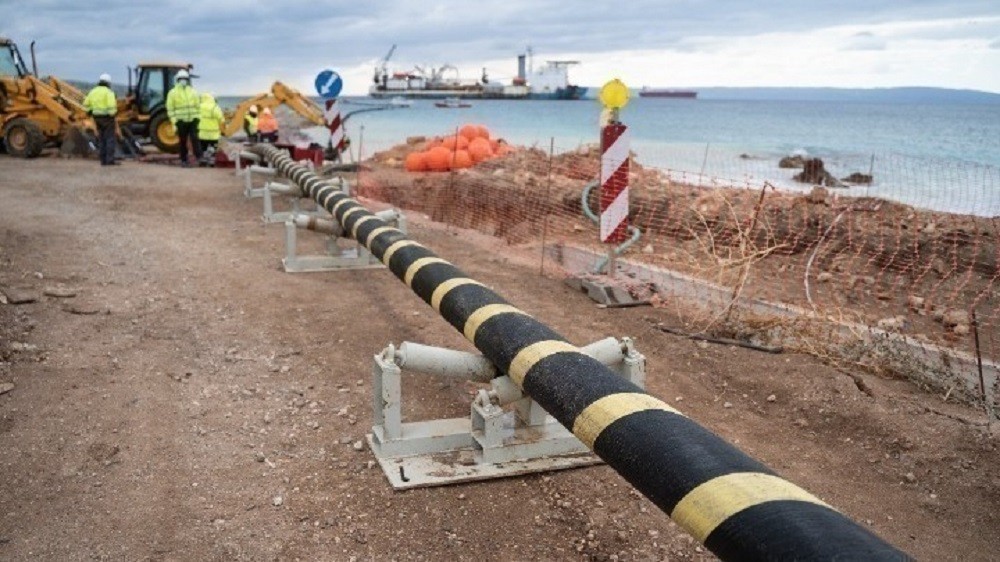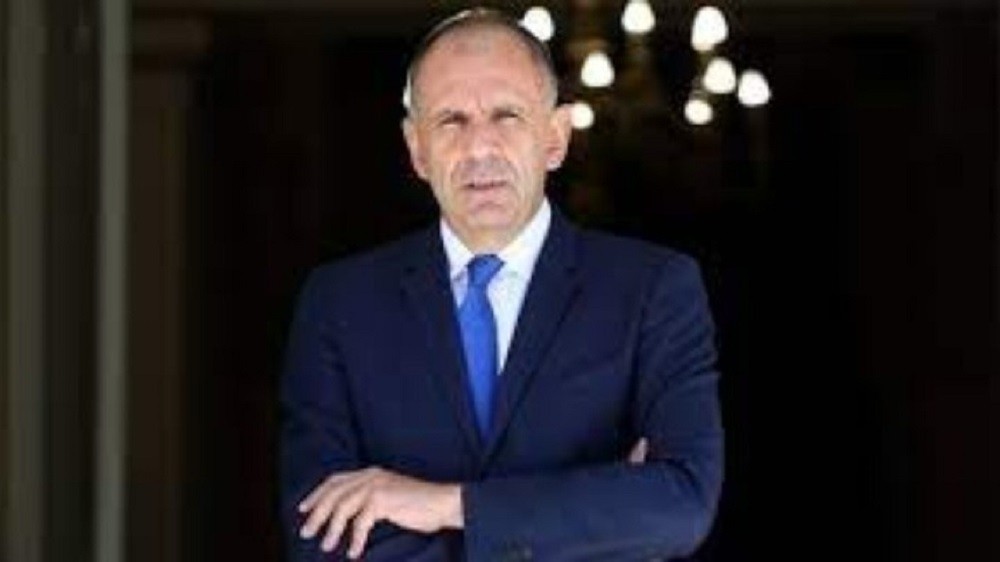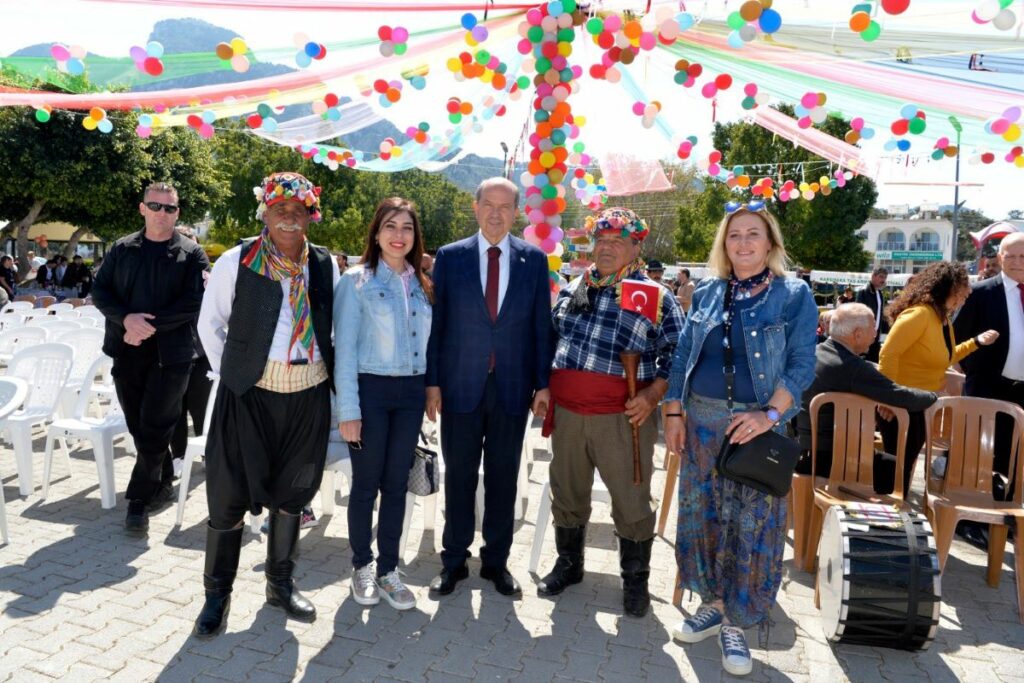
Greece supports Cyprus solution without occupation troops or guarantees, Kotzias says
The government and political parties had agreed to support a “rational, effective and functional solution to the Cyprus issue, which means a Cyprus without foreign occupation troops, a Cyprus without guarantees,” Foreign Minister Nikos Kotzias said on Friday, after a meeting of the National Council on Foreign Policy focusing on the Cyprus issue.
The minister noted that this was the third briefing he had given to the parties in Parliament during the last month, and the second session of the NCFP on Cyprus.
The party representatives had also agreed to a more frequent exchange of views between the parties and the experts within each party, as well as to “ensure the best possible cooperation between us,” Kotzias said. The minister emphasised that there must be whole-hearted support for the necessity to solve the Cyprus problem in Greece, “which stands at the side of the Cypriot people and the Cyprus government.”
The Council session focused on the preparations ahead of the international meeting in Geneva on January 9-12, while Kotzias gave an in-depth and thorough analysis of the practical problems that lie ahead and how the Greek government intends to solve them.
Asked what message he would like to send to Turkey, Kotzias repeated that Greece wants a neighbour that is as democratic and European as possible, a neighbour that is “not irascible and understands that its own long-term interests are best served by also supporting and not overturning international law.”
Regarding Greek-Turkish meetings ahead of the Geneva conference, Kotzias said that current plans were confined to a meeting of the Greek and Turkish foreign ministry general secretaries, in order to sound out intentions. He noted that there had been two meetings at this stage during the Annan Plan negotiations in 2004, one in Istanbul and one in Athens, by teams working on the Cyprus issue, as well as two meetings between then Greek prime minister Costas Karamanlis and Turkey’s current President Recep Tayyip Erdogan during the Burgenstock talks, two meetings between Karamanlis and then UN Secretary General Kofi Annan and one meeting with all three, none of which produced a result.
“Studying the older negotiations, there was then a view that the guarantee treaties and alliance treaties could in some way be preserved and the Turks’ rights of intervention not be fully abolished. We are monitoring all three at present, with patriotic consistency but in a different direction,” Kotzias added.

